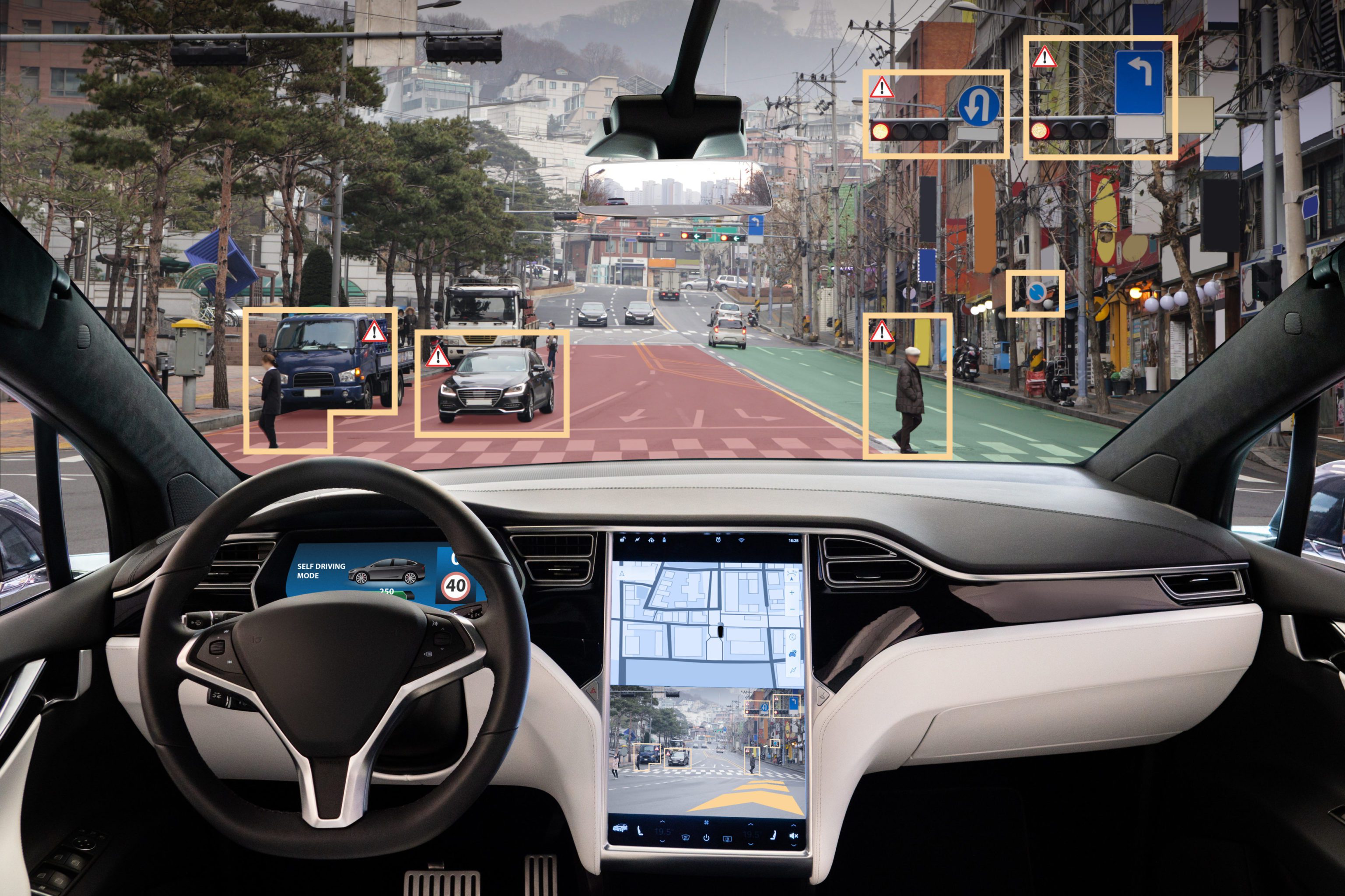Darsazma News Hub
Your go-to source for the latest news and insightful information.
Driving Dreams: The Future of Autonomous Vehicles
Discover the groundbreaking future of autonomous vehicles and how they're reshaping our roads and lives. Buckle up for innovation!
Exploring the Technology Behind Autonomous Vehicles: How They Work
Autonomous vehicles (AVs) represent a groundbreaking evolution in transportation, leveraging a vast array of technologies to navigate without human intervention. At the core of this innovation is machine learning, which allows these vehicles to learn from data, recognize patterns, and make real-time decisions. Key components include advanced sensors such as lidar, radar, and cameras that work together to create a 3D map of the environment. These sensory inputs are processed by sophisticated algorithms that enable the vehicle to identify obstacles, understand traffic signals, and predict the behavior of pedestrians and other vehicles.
Additionally, autonomous vehicles utilize Global Positioning System (GPS) technology for precise navigation. The integration of V2X (Vehicle-to-Everything) communication enhances this system by allowing vehicles to communicate with each other and with surrounding infrastructure, further improving safety and efficiency. The journey from fully manual driving to complete autonomy is facilitated by various levels, ranging from Level 1 where assistance is provided, to Level 5 where vehicles operate without any human input. With continuous advancements in these technologies, the future of transportation looks increasingly autonomous and interconnected.

The Impact of Autonomous Vehicles on Urban Mobility and Infrastructure
The advent of autonomous vehicles (AVs) promises to revolutionize urban mobility, significantly changing the way we navigate our cities. As these vehicles become more integrated into our transportation systems, it is essential to consider their impact on traffic patterns, public safety, and overall accessibility. Autonomous vehicles are expected to reduce traffic congestion by optimizing driving behaviors and enabling more efficient route planning. As a result, urban planners must adapt existing infrastructure to accommodate this new technology, including the development of intermodal transit hubs and smart traffic management systems.
Moreover, the widespread adoption of autonomous vehicles could reshape not only how we travel but also the urban landscape itself. With fewer parking spaces needed, cities may transform underutilized parking lots into green spaces or community areas, enhancing the quality of urban life. However, this shift also necessitates reevaluation of zoning laws and city designs to facilitate the integration of these high-tech vehicles. Stakeholders must collaborate to ensure seamless connectivity between AVs and other modes of transport, ultimately fostering a more sustainable and efficient urban environment.
Could Self-Driving Cars Solve Traffic Congestion and Improve Safety?
The advent of self-driving cars holds significant promise in addressing the pressing issue of traffic congestion. By utilizing advanced algorithms and real-time data, autonomous vehicles can optimize driving routes, maintain consistent speeds, and reduce the frequency of stop-and-go traffic. Studies suggest that with a fleet of self-driving vehicles, road efficiency could increase dramatically, potentially decreasing travel times by as much as 25%. Furthermore, these vehicles can communicate with each other to form efficient traffic flows, minimizing bottlenecks that currently plague city infrastructures.
In terms of safety, self-driving cars are designed to minimize human error, which is a leading cause of road accidents. Equipped with sophisticated sensors and artificial intelligence, these vehicles can detect hazards more effectively than human drivers. According to projections, the widespread adoption of autonomous vehicles could lead to a reduction in traffic fatalities by up to 90%. By removing the unpredictable nature of human driving, self-driving cars not only aim to improve traffic conditions but also significantly enhance road safety for all users.